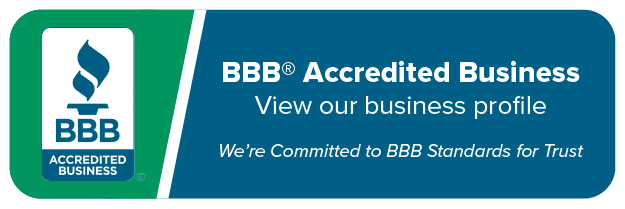Frequently Asked Questions
What is financial planning?
Financial planning is not just about money. A well-designed financial plan covers the protection, accumulation and distribution of wealth and every aspect of those elements. A good plan includes your specific goals with direction for maximizing your available resources, like income and assets, and for minimizing anything that could diminish those resources such as taxes.
How much does financial planning cost?
Our firm assesses a fee based on the value of the portfolio we manage for our clients. Generally, it is a fraction of one percent. The fee is deducted from the portfolio just like it would be in any mutual fund. Sometimes, we can lower the fees already paid by a prospective client by offering lower cost versions of the very funds they already own. We are 100% transparent with the fees we charge.
Why should I make a financial plan?
You don’t know what you don’t know and fear can come from the unknown. You may wonder if there is a way to pay less in taxes, earn more returns, lower your health insurance costs or leave a financial legacy? Our team can help get your questions answered. Once you have the answers, the fear dissipates and you can move toward your goals with confidence through a customized financial plan.
What is a fiduciary?
A fiduciary has a responsibility to put the client’s interest before their own with all recommendations. This basic concept is also woven into the medical profession as we expect our doctor to tell us what they believe is the best possible option. Unfortunately, the financial industry does not require an “advisor” to also act as a fiduciary and some advisors claim to be fiduciaries when, demonstrably, they are not. It is vital to ask the “fiduciary” question but be sure to get the answer in writing.
What is the difference between a financial planner and a financial advisor?
What can a financial planner do for their clients?
A good financial planner helps clients achieve their individual goals by asking meaningful questions. Understanding the true motivation behind the goals may result in those goals evolving and pointing in different directions. Developing and implementing tax and investment strategies is certainly part of the process but best done only after the planner and client understand the true nature of the hopes, dreams, fears and goals of the client and their family.

Contact
We have received accreditation from the Better Business Bureau (BBB), which is based upon our agreement to abide by and adhere to their accreditation standards, which include building trust, advertising honestly, being transparent, honoring promises, being responsive, safeguarding privacy, and embodying integrity.


